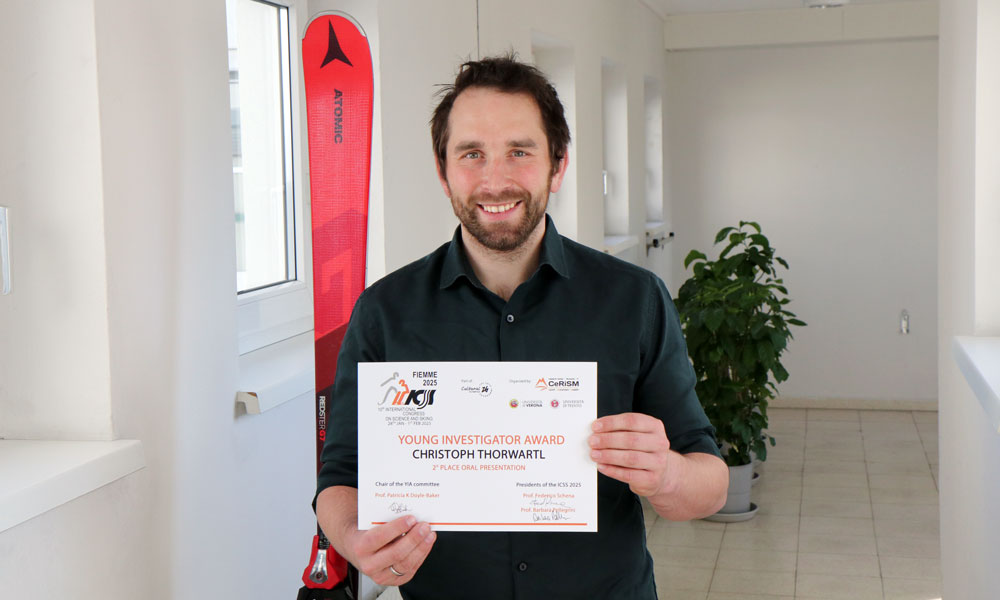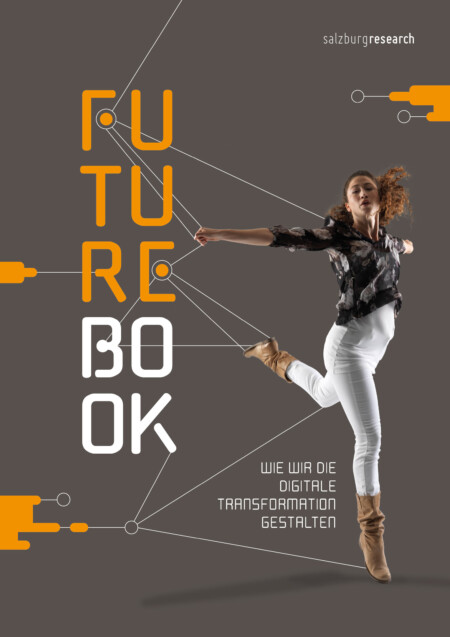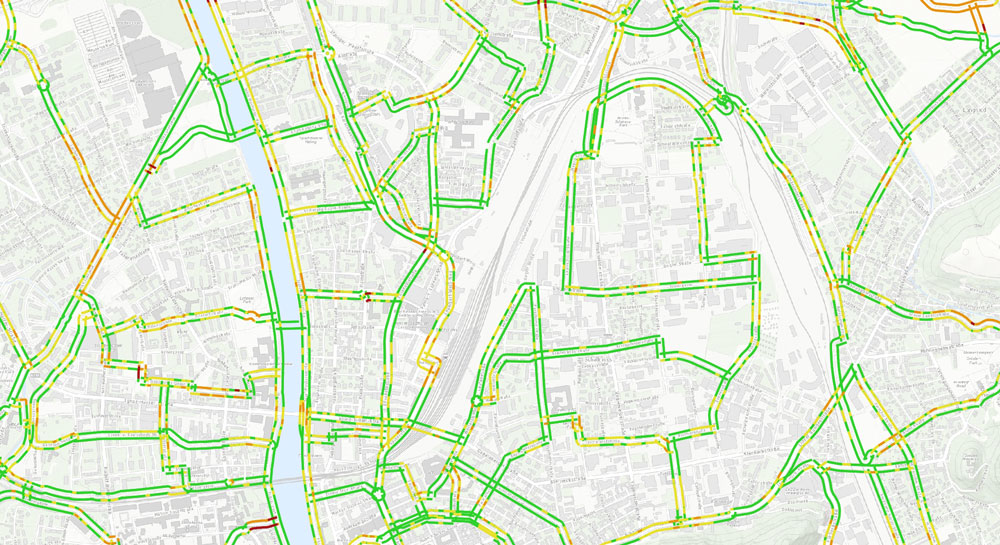Understanding the intersection between technology acceptance and digital behavior change
Date: May 5, 2025 – May 7, 2025
This workshop is part of the 20th International Conference on Persuasive Technology 2025
https://2025.persuasivetech.org
Changing behavior in the long term plays a vital role, for example when it comes to health interventions or to support transition in urban mobility. Technology Acceptance Models highlight factors like perceived ease of use and usefulness. Persuasive strategies (PSs) or behavior change techniques (BCTs) influence attitudes and beliefs. However, these have hardly been considered in technology acceptance models to date. Integrating perceived persuasiveness into technology acceptance models and exploring relationships with personality factors and persuasive strategies can provide insights into system usage on a long-term. Within this half-day workshop will discuss the intersection of technology acceptance and digital behavior change, addressing existing knowledge and predictive models. This integration is crucial for effectively implementing technologies that foster long-term behavior change.
The workshop
Within this half-day workshop, we aim at bringing together researchers and practitioners interested in the intersection of behavior change and technology acceptance.
The scope of the workshop includes but is not limited to the following topics / questions:
- What do we know about the interception between technology acceptance and behavior change?
- What are the benefits and limitations of integrating behavior change theories within technology acceptance models?
- What role does perceived persuasiveness play in predicting the intention to use a system, especially in behavior change support systems like physical activity apps?
- Models that consider perceived persuasiveness as predictors of behavior change (quantitative as well as qualitative models).
- Studies investigating the intersection between technology acceptance and long-term behavior change.
- Application areas that can benefit from better understanding the intersection between technology acceptance and long-term behavior change.
- How to integrate psychological behavior change models (e.g., COM-B, TTM) into technology acceptance models.
The workshop contributes to a better understanding of integrated models that combine technology acceptance models with perceived persuasiveness, enhancing the predictive power for long-term behavior change, particularly in areas like health interventions and urban mobility. Moreover, best practices for designing technology enabled interventions could be discussed and the value of qualitative as well as quantitative models.
Call for Contribution
Submissions to this workshop are expected as papers, describing the topic the authors wish to contribute, their motivation, background information and the benefits the authors might derive from their participant in the workshop. We expect research papers of maximum 4-6 pages including references.
Please submit your paper by March 1, 2025 via the conference submission site: https://easychair.org/conferences/?conf=persuasive2025. Please ensure that you select the appropriate „TRACK“: Understanding the intersection between technology acceptance and digital behaviour change.
There is the opportunity that accepted papers in a workshop will be published in the CCIS series (https://www.springer.com/series/7899). These papers must be at least 12 pages in length (including references) and be formatted according to the Springer conference proceedings template to be found here:
https://www.springer.com/gp/computer-science/lncs/conference-proceedings-guidelines .
Important Dates
- Submission Deadline: March 1, 2025
- Decision notification: March 15, 2025
- Camera ready: March 28, 2025
Program
https://2025.persuasivetech.org/program
All workshops and tutorials: https://2025.persuasivetech.org/workshops-tutorials/
Organizers
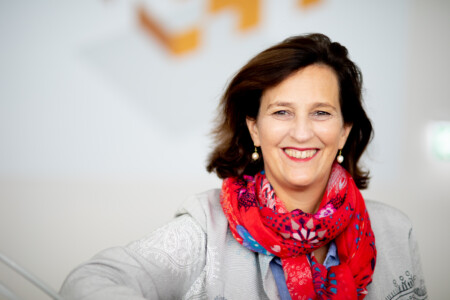
Veronika Hornung-Prähauser, graduated from the Vienna University of Economics and Business and completed her PhD in Communication Science at the Centre for Information and Communication Technologies & Society (ICT&S) at the University of Salzburg, AT. She has been working in the interdisciplinary scientific field of Innovation Studies at the Salzburg Research Centre since 2001, currently as head of the Innovation Research Department (IVC).

Dorothea Schaffner is a professor at the FHNW School of Applied Psychology, CH. In her research she focuses on behavioral change towards more sustainable mobility, improving road safety and acceptance of innovative mobility offers. The focus is on interdisciplinary issues at the interface between technology and psychology.
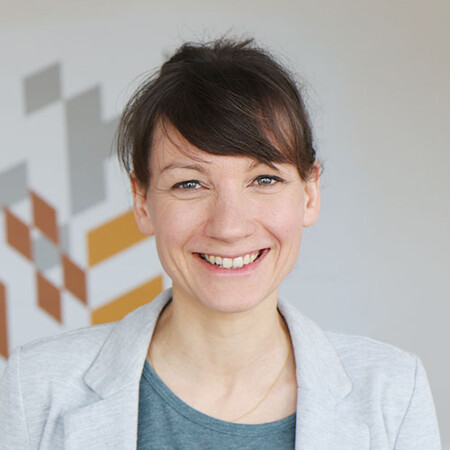
Katja Tiefengrabner completed her Master’s Degree in Sociology at the University of Salzburg, AT (2009) with the focus on methods of empirical social research, and finished her PhD in Human-Computer Interaction at the University of Salzburg in 2016. Thereby, she investigated the interrelation between Social Presence and Social Capital. In her current research she focuses on behavior change theories and technology acceptance in the context of urban and active mobility. She is also investigating technology acceptance factors for autonomous mobile robots in industry and public spaces.

Alexander Meschtscherjakov is professor for User-Centered-Design at Salzburg University, AT. His background is in Computer Sciences. His research focuses on persuasive interaction technologies, augmented reality interfaces, HCI and sports, HCI and education, automotive user interfaces, contextual user experience and challenges of AI for HCI. Alexander is a former member of the steering committee of the Society for Persuasion and Technology (SPT).
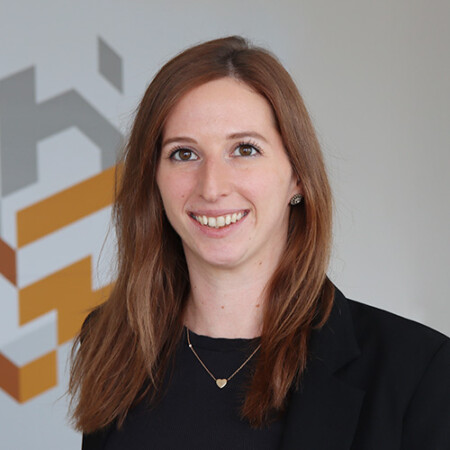
Eva Hollauf graduated from University of Vienna, (Social and Cultural Anthropology), AT and University of Munich (Social Innovation), GE. Her research interest lies in the field of technology acceptance in health & sports, in which she carried out many research projects on digital behavior change.
Contact
For any question related to the workshop please contact Katja.Tiefengrabner@salzburgresearch.at

Kontakt
KATJA TIEFENGRABNERSalzburg Research Forschungsgesellschaft mbH
T: +43/662/2288-426 | E-Mail schreiben

